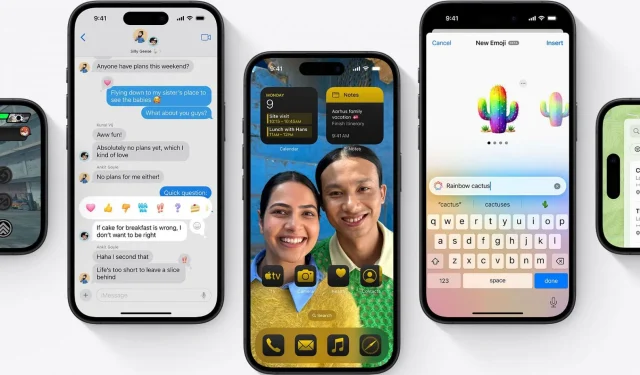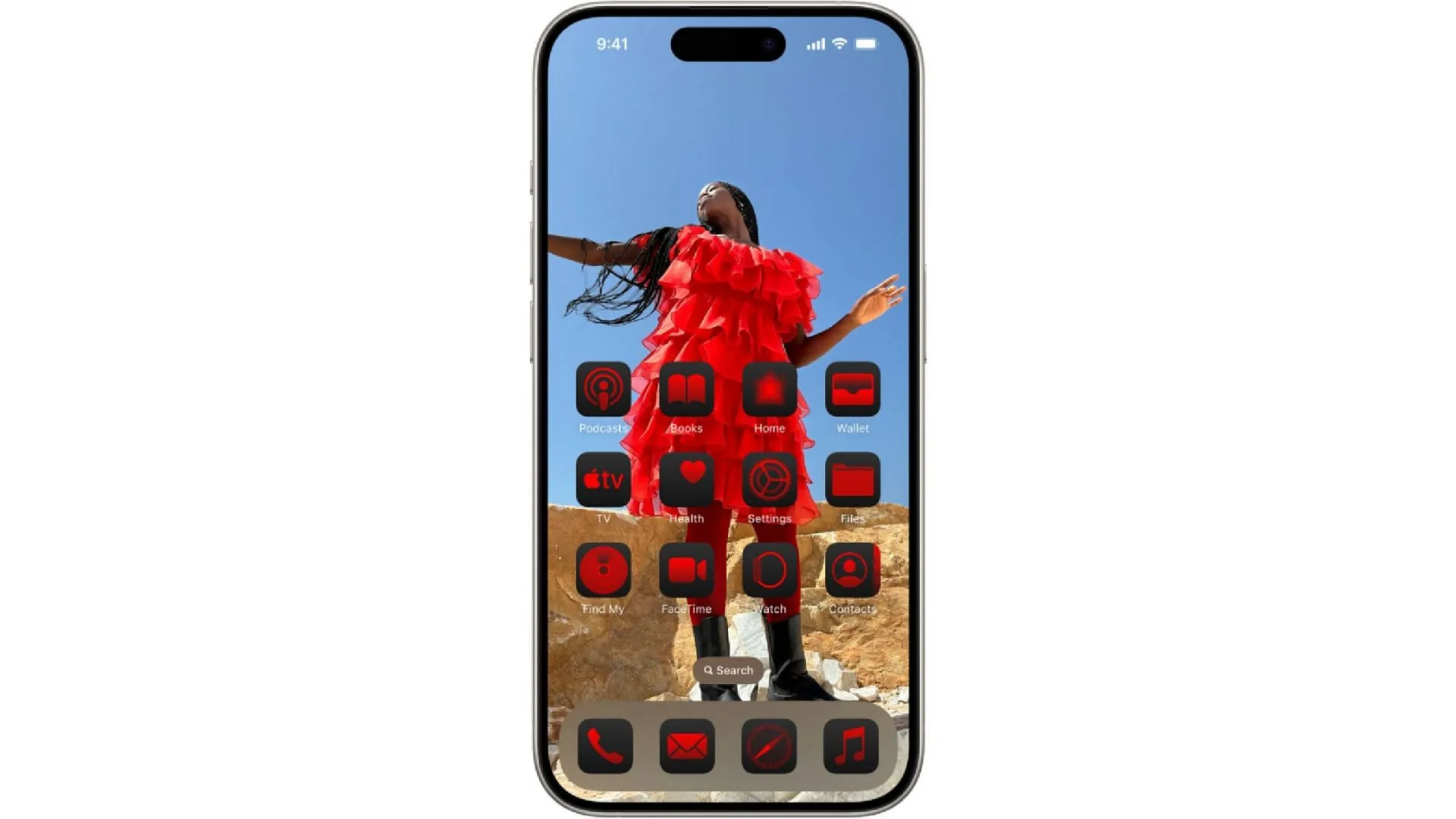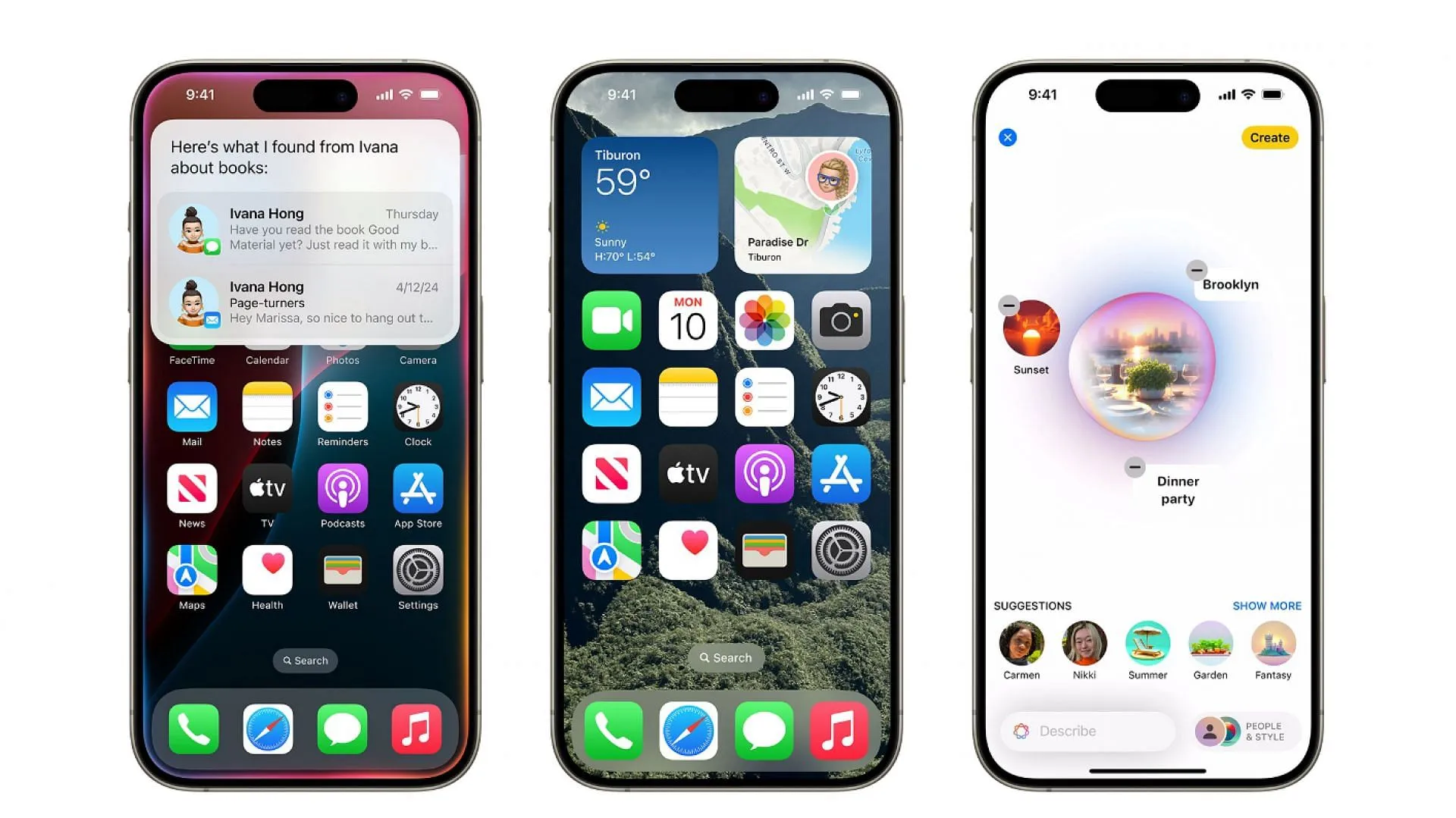
With the launch of iOS 18, Apple has introduced its most significant design overhaul to the iOS operating system, garnering positive feedback from users. However, potential upgraders are contemplating whether to make the switch to iOS 18 due to concerns regarding performance and battery life, which are understandably rooted in previous experiences.
Historically, major iOS updates such as iOS 17 were marred with bugs upon release, leading frustrated users to vent their grievances on Reddit. This background certainly justifies a cautious approach. The pressing question is: should you upgrade to iOS 18 or stick with iOS 17.7?
In this article, I will thoroughly evaluate the updates brought by iOS 18, weighing the benefits against the drawbacks to help you decide whether the upgrade is right for you.
What are the features of iOS 18?

The iOS 18 update introduces a wide range of new features and customization options. Here are some highlights:
- Redesigned home screen and control center: Both elements have received a substantial redesign, enhancing customization and bringing iOS closer to the personalization levels offered by Android.
- New UI for the Photos app: The interface has undergone significant changes to consolidate various sections of the Photos app into a single screen.
- Privacy and security improvements: The App Lock feature and enhanced contact management provide users with greater privacy and security controls.
- Apple Intelligence: This is Apple’s innovative AI generative model, designed to deliver robust AI processing capabilities for all iPhone users. Apple Intelligence leverages an on-device Neural Engine to handle extensive AI requests privately and securely; however, its full functionality will be available in the upcoming iOS 18.1 update.
- Distraction-free web browsing: The Safari browser has been upgraded to minimize distractions by hiding certain web elements, such as ads and pop-ups, thus providing a cleaner browsing experience.
- Third-party and DIY repairs: The new Repair Assistant feature allows your device to accept verified replacement parts, enhancing the DIY repair experience.
This iOS 18 update is set to improve the user experience not only for existing iOS users but also for those transitioning from Android, thanks to the extensive list of new features.
Performance and battery life on iOS 18

Concerns regarding performance and battery life with new iOS updates are nothing new. Users have often reported a decline in performance and battery stability, which was notably highlighted in the case of older devices like the iPhone 6. This situation led to what became known as batterygate.
This adjustment aimed to safeguard aging batteries in affected iPhones, while newer models with stronger batteries generally performed well. Therefore, the perceived slowness was not merely a conspiracy but a reflection of hardware limitations in older devices.
For most users, the sluggishness experienced can often be attributed to new iOS features requiring enhanced CPU capabilities that older iPhones do not possess. As for battery life, iPhone 12 users and those with newer models can typically expect minimal to no issues following the update.
In fact, some users have noted improved battery longevity post-update to iOS 18. However, those on older devices like the iPhone XS, XR, or iPhone 11 might experience some drops in performance and battery efficiency.
Should you update to iOS 18 or wait for iOS 18.1?
So, should you proceed with the upgrade to iOS 18? The answer is a resounding yes. The extensive range of features, alongside enhanced privacy and security measures, far outweighs the potential minor regressions in performance and battery life.
Nonetheless, if you own an older iPhone model such as the XS, XR, or 11, it may be wise to wait for iOS 18.1, which is expected to address any improvements or bug fixes discovered within the initial iOS 18 release.




Leave a Reply